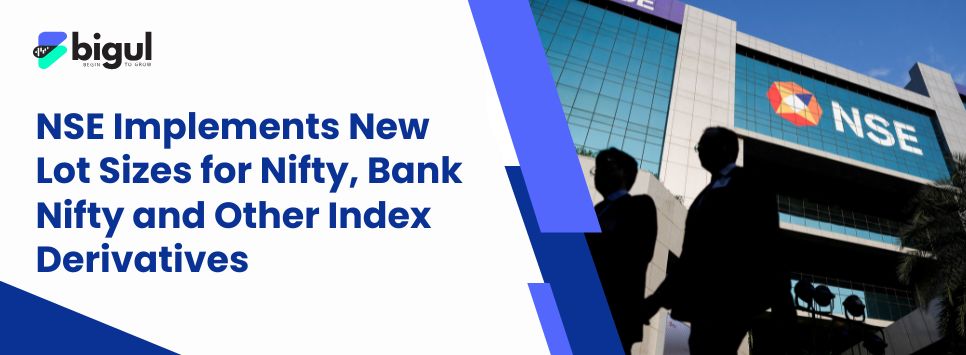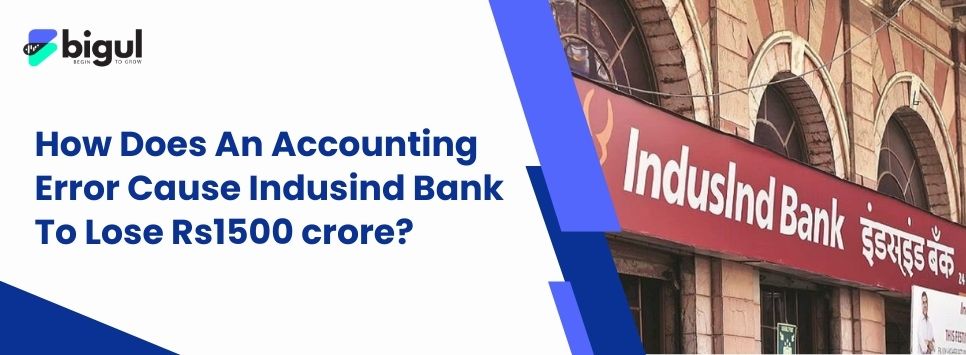IndusInd Bank is one of the most prominent players in the Indian private banking sector. It recently saw its stock price tumble by 27% within a single day. The fall occurred due to the disclousre of potential loss equivelnt to 2.4% of the net worth of the Bank.
The loss occurred due to an accounting error in the derivative transactions, which are used to hedge yen-denominated deposits. It has caused widespread concern among investors, analysts and regulators.
Lets delve into the detail of what happend and what is the measurable impact on the long term future of IndusId bank.
Technical Details: The Derivative Transactions and Accounting Discrepancies
The main cause behind the Indusind bank stock price tumble is the use of their derivative instruments, which are associated with yen-denominated deposits, to manage risks. These deposits, offering low interest rates ranging from 0.1% to 0.5%, and is used as a hedge using a combination of interest rate swaps and foreign exchange (FX) derivatives.
The purpose of this instrument was twofold: first, to convert the fixed interest rates on the deposits into floating risks, and second, to mitigate currency risks from fluctuations in the Japanese yen. This strategy was intended to align the bank's liability with its floating rate assets and protect against adverse volatility in interest rates.
However, a critical flaw emerged in the accounting during an internal audit of these derivatives. Bank used inconsistent methodologies to its external trades (conducted with outside counterparties) and internal trades (conducted between different desks or departments within the Bank).
For the external trades Indusind bank followed mark to market accounting method where the values were regularly adjusted to reflect current market price. This ensured all the PnLs were recognized in real time while providing a suitable picture of the Bank's financial position.
Meanwhile, the internal trades were not subjected to mark-to-market valuation. Their gains and losses were either deferred or not fully recognized, leading to an incomplete representation. Due to this, the Bank artificially inflated its profits, masking the true impact of the hedge.
When the disrepancy was discovered Indusind was forced to correct its statments which involved correcting understated costs which then crystalized into a Rs 1500 crore loss.
Why Is IndusInd Bank Falling, and What Are The Market Sentiments?
The drop of 27% in IndusInd Bank's share price shows the severity of the market response. The loss of Rs1500 crore is manageable for IndusInd within the context of the Bank's Rs 7226 crore TTM profits.
Investors are mainly concerned due to accounting inconsistencies and governance lapses.
Meanwhile, as per a post on X, RBI has twice declined to approve the full extension of the Bank's CEO. As a Nifty 50 constituent, the Bank's woes might have broader implications contributing to the volatility in India's financial market.
What is IndusInd response and future outlook?
IndusInd management team quickly moved to mitigate the damage and committed to absorb the loss of Rs 1500 Crore through current earnings rather than reserves.
It highlights the Bank's resilience and has provided some reassurance to the stakeholders. However, the loss absorption alone is not sufficient. The Bank should also show transparency by detailing the steps they are taking to rectify the flaws and what they are doing to prevent this in future . By refocusing on its core banking strengths and leveraging its digital capabilities, it can rebuild its reputation over time.
Conclusion
The recent crisis at IndusInd bank of Rs 1500 Crore loss and a 27% stock price drop, stems from various missteps in the accounting of derivates transactions.
The Bank’s failure to consistently mark internal trades to market led to an understated cost base, inflating profits until the error was corrected. While the financial impact is absorbable within its Rs 7,226 crore TTM profits, the broader fallout—market panic, regulatory risks, and governance concerns—poses another challenge. As IndusInd Bank works to address these issues, its response will determine whether it can reclaim its standing as a trusted leader in India’s banking sector.
Also Read | Indian Stock Markets Rallied Despite Trump’s Reciprocal Tariff Threat




.jpg)





.jpg)
